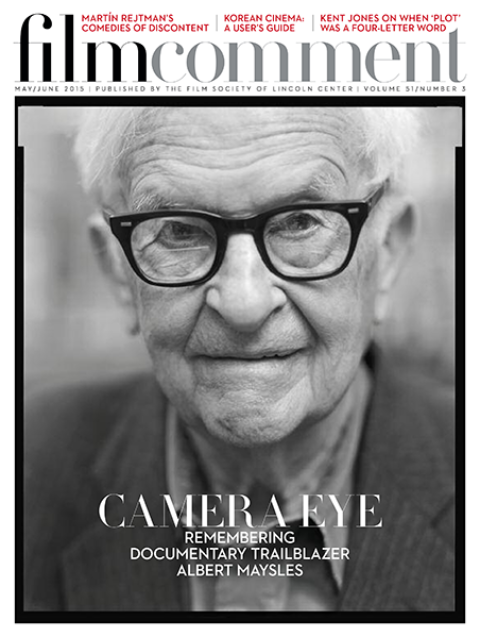
In Good Kill, the war movie, like the postmodern warfare it depicts, looks a little different from the norm. Ethan Hawke plays a former fighter pilot who now spends his days remotely flying armed drones and raining death down upon target individuals selected by his superiors. He does so from what resembles a trailer in an Air Force base outside Las Vegas, raising existential (and legal) questions: is he really a soldier at war, or something closer to a particularly deadly technician?
In Niccol’s topical chamber piece, the psychological toll of the battlefield never goes away: it’s freshly replenished by the ongoing campaign of drone killings and by the dispiriting moral vacuum created by the government’s bureaucratic methods. But this up-to-the-minute scenario is constrained by the ploddingly routine domestic dramas of Hawke’s character. He’s a burned-out Top Gun cliché, but that’s no excuse for screenplay commonplaces or the vaguely Sorkin-esque preachiness of the dialogue, especially in the speeches of his commanding officer (Bruce Greenwood).
Niccol’s eerily calm film is as flat as the desert that surrounds the base, but that’s not unintentional, and the quiet lets you hear cultural echoes (from the Milgram Experiment to sinister twists on Powers of Ten and Charlie’s Angels). But one scene stands out at dramatizing the dark arts of our strange new world: Hawke watching over slumbering U.S. soldiers from thousands of miles away with his all-seeing eye, like some troubled, sleepless guardian angel.








